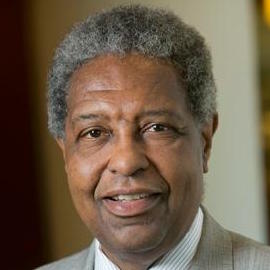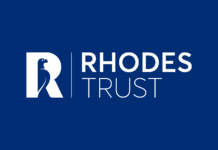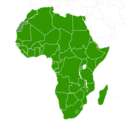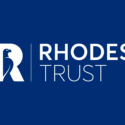
A new study authored by Gregory N. Price, an economics professor at the University of New Orleans, William A. Darity Jr., a professor of public policy, African and African American studies and economics at Duke University, and Rhonda V. Sharpe, the founder and president of the Women’s Institute for Science, Equity, and Race Mechanicsville, Virginia, accuses the state of North Carolina with genocide.
The paper found that North Carolina’s eugenic sterilization was apparently tailored to asymptotically breeding-out the offspring of a presumably genetically unfit and undesirable surplus Black population. The authors studied reports from the North Carolina Eugenics Board from 1958 to 1968, a period in which more than 2,100 authorized sterilizations occurred across the state’s 100 counties. They found that sterilization rates were much higher in counties with higher numbers of nonworking Black residents.
“This suggests that for Blacks, eugenic sterilizations were authorized and administered with the aim of reducing their numbers in the future population — genocide by any other name,” the authors state.
“The United Nations’ official definition of genocide includes ‘imposing measures to prevent births within a (national, ethnically, racial or religious) group,’ ” says co-author William A. Darity Jr. “North Carolina’s disproportionate use of eugenic sterilization on its Black citizens was an act of genocide.”
The full study, “Did North Carolina Economically Breed-Out Blacks During its Historical Eugenic Sterilization Campaign?” was published on the website of the American Review of Political Economy. It may be accessed here.










